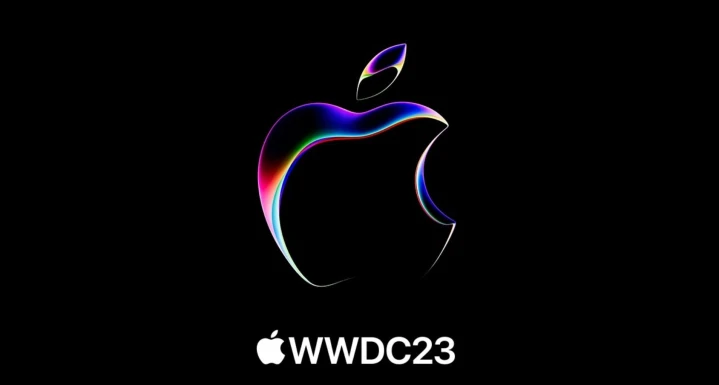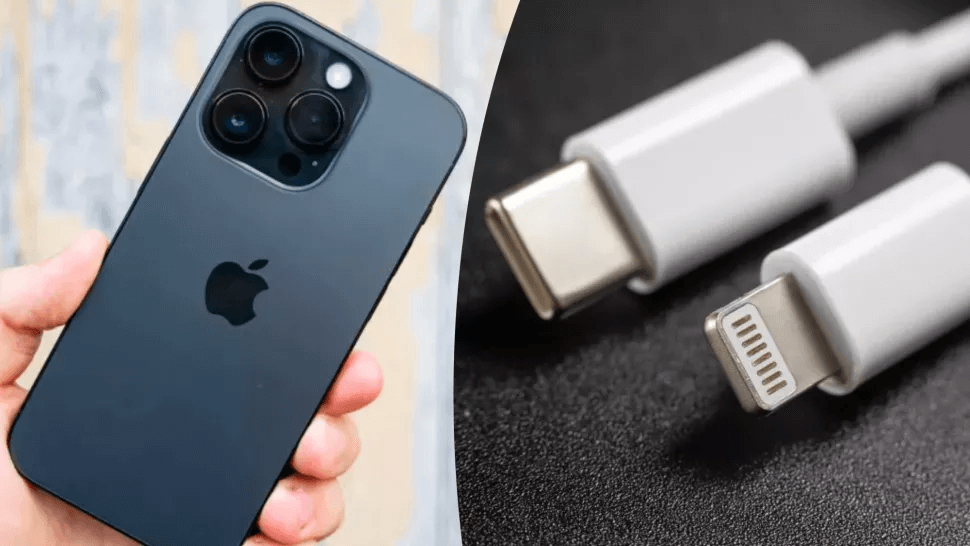You may have heard that the iPhone 15 is getting a USB-C port, and so has the European Union. According to reporting from Die Zeit(opens in new tab), one EU member has written to Apple to warn that if this new port has limitations for certain accessories, it could face a ban.
The letter, written by EU industry commissioner Thierry Breton, stated that if the iPhone 15 tries to restrict functions for non-licensed accessories, the iPhone could end up banned from the countries in the EU, something it's warned before.
We've heard several times already that Apple's replacing the familiar Lightning port on the next iPhone with the common USB-C connector. This could be simply because Lightning is now over ten years old and offers sluggish power/data speeds, but is also likely in response to the EU mandating that all mobile devices sold in the Union will need to use USB-C ports by the end of 2024.
Apple's also rumored to be introducing a version of Made For iPhone (MFi), its licensing system for compatible accessories, to this rumored USB-C port. MFi currently allows, among other things, Lightning cables made by approved manufacturers to use the highest available power and data speeds, which aren't available to items that haven't been rubber-stamped by Apple.
MFi's presence on the iPhone 15 is disputed, as some rumormongers claim Apple's ditching MFi with its move to USB-C. But if Apple is indeed adapting MFi for a new era of connectors, the EU will clearly have something to say about it.
What if the iPhone 15 does get banned?
The iPhone being forced to leave Europe would be a huge deal, that goes without saying. But for now, it’s important to note we (and the quoted EU officials) are still only dealing with rumors about what Apple has planned. There's no need for panic just yet
Also, the U.K., now famously not a part of the European Union, in theory wouldn't be affected by the EU forbidding iPhone sales. There could still be secondary effects from Apple needing to pull huge amounts of stock from Europe, though.
If Apple is introducing MFi, it could still try and sell the iPhone 15 in the EU and hope that it can win a legal victory down the line. As we can see from the Apple vs Epic Games battle over the App Store, or its opposition to a potential U.K. antitrust investigation into Safari on iOS (via AppleInsider), Apple's not afraid of fighting in the courtroom.
Equally, the EU ruling on standard charging ports doesn't come into force until December 2024. Since next year's iPhone will presumably launch in September as usual, that gives Apple until the iPhone 17 in 2025 to be fully compliant, and a decent amount of time for MFi to in theory still be legal.
If there is a ban, we'll be here to help recommend you the best iPhones that are still available, or even the best Android phones if you're willing to ditch the Apple phone way of life. Right now though, it's best to just sit back and see how things play out
This September, we should see the iPhone 15, iPhone 15 Pro and iPhone 15 Pro Max all arrive, along with their alleged USB-C ports. More exciting features like a new curved design, a higher-powered zoom camera on the Pro Max and a mighty 3nm chipset for the Pro models have been tipped too.




